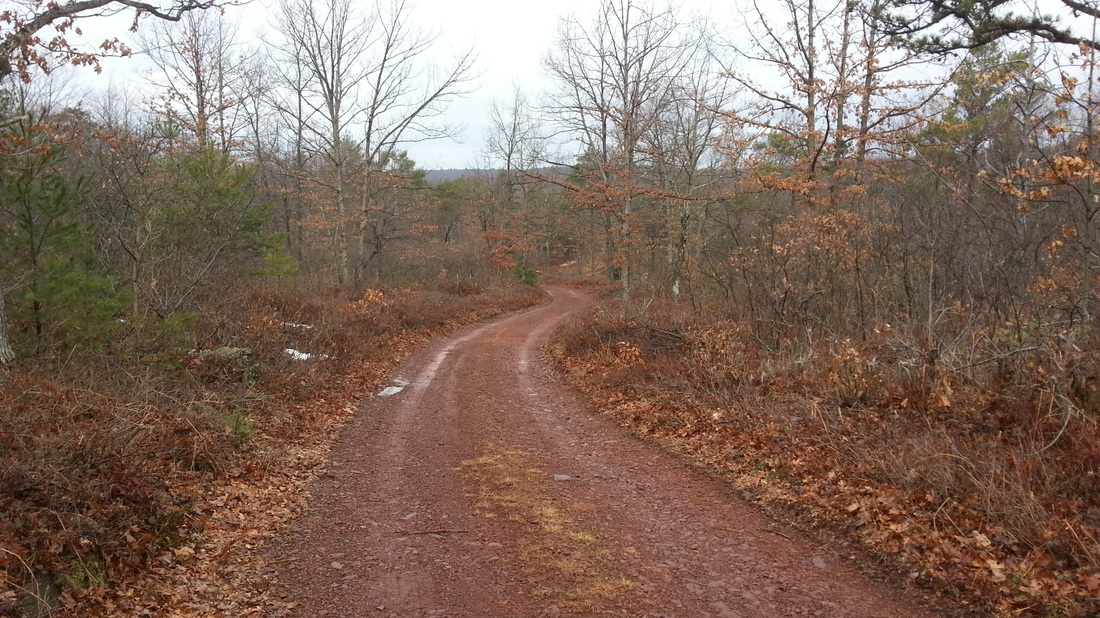Southern Legitimacy Statement: My family yanked me from Virginia and took me to Alabama when I was ten. Then they left me there when I was 18. I married a boy from Birmingham after getting my MFA from University of Alabama. Steal, steel, and still are homophones in half my brain.
Acceptable Risk
“Let’s get you a map.” My future mother-in-law went to her car and produced an old AAA TripTik. We flipped the pages. “Nope,” she said. “Let’s get on the MapQuest.”
I didn’t like driving. Only did it when absolutely necessary: Walmart for groceries, my fiancé’s mom’s house on weekends, church.
“You got time,” she assured me. “It’ll take less than an hour to get there, see?” She pointed to the MapQuest directions on her computer. She clicked print.
There was no street name, just a county road. My little Ford Focus was Lawrence of Arabia. Pot holes, gravel, dirt, an old bridge, an unforgiving sun. I should’ve filled up the gas before leaving. I should’ve tried again to call. I should’ve hugged my fiancé tighter, longer before saying goodbye. I should’ve cried so he’d know I’d miss him. I should’ve cried where he could see.
The gravel broke up into patchy pavement. My Ford Focus was Hidalgo. We were out of our depth. Our accents didn’t match these trees. The soles of our feet felt different out here. I looked at my print-out. I watched for numbers. I ran my eyes over trailers and peeling paint. The tornado hadn’t hit here. I pulled over into the grass.
An old woman opened the door; a young woman in an oversized threadbare T-shirt sat on the couch behind her watching TV; a little girl in pajamas sat on the floor next to her legs.
“Hello,” I said. “This will sound weird…” My eloquent preamble did nothing to smooth the confusion from her brow, tense beneath a smoker’s skin. “My fiancé is with your husband in Iraq,” I nodded to the young woman. “He asked me to check up on you. Make sure you’re ok.”
He hadn’t asked that. He asked if I could look up her number and give her a call. If we’d spent longer than four days together, he’d have known I didn’t give people calls. I gave him calls. I didn’t like telephones. I only called people when absolutely necessary. My parents, doctors, him.
My appearance baffled these women. I smiled like a fool. I didn’t know them. The older woman reluctantly stepped aside.
“Come on in then.” Gesturing to her daughter on the couch, she said, “We think the baby’s ok, she just can’t do much.” The young woman got to her feet slowly, greasy hair, hand instinctively to her stomach beneath the unflattering T-shirt. “This is Dallas,” the old woman pointed to the little girl, who smiled.
In my future mother-in-law’s kitchen, we had the phonebook. We found the name. The number. We called. There was no answer. We couldn’t accept that. There must be an answer. This was the only thing he’d asked. I must find them. Everything must be ok.
I sat on the floor with Dallas, the only one in the room with a real smile. They’d asked who my fiancé was. I felt the air betray their polite silence. How’d she find us? Why is this damn yankee virgin asking how we are? What does she know about anything?
I walked across the lawn to my little Ford Focus, my shipwrecked friend, half on gravel and half on grass. What do we know? I got lost backtracking out of the county road. There was a bridge too soon and a dirt road too long. The music I listened to reminded me of my fiancé in the desert. I’d have a good report to write him. I found her. I did it. She’s ok.
I didn’t like crying. I only cried when absolutely necessary: a death, a pain, a song.







